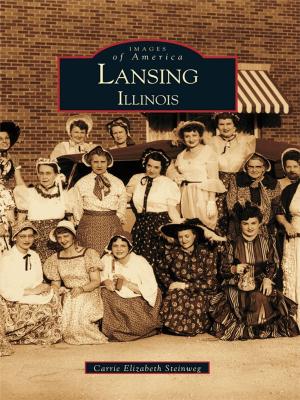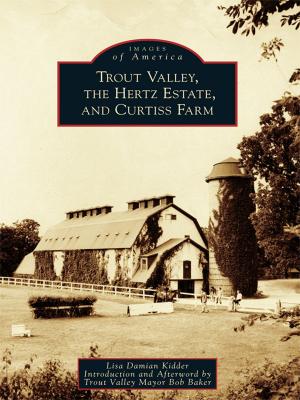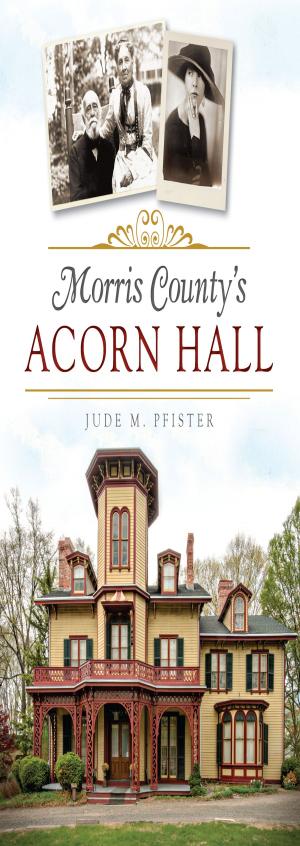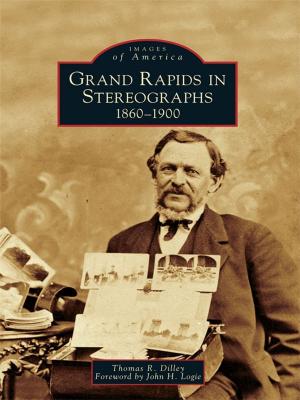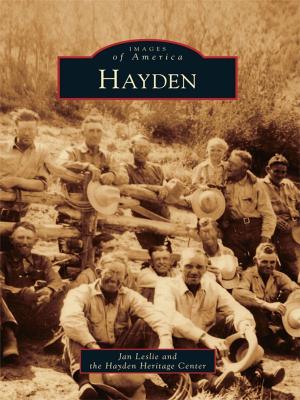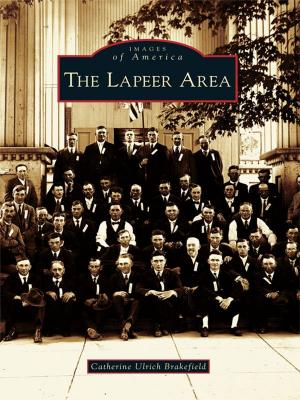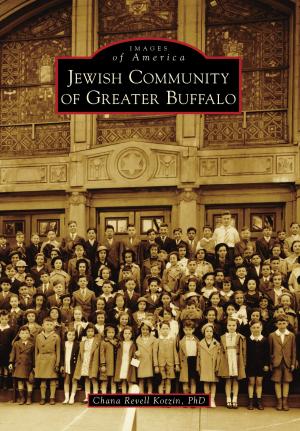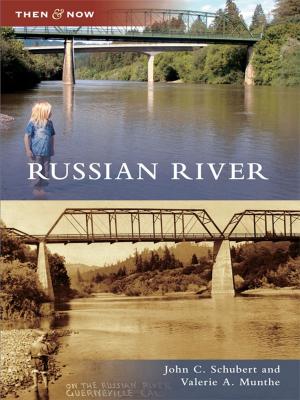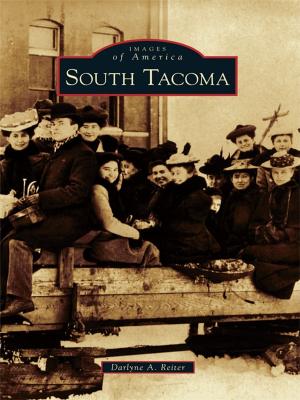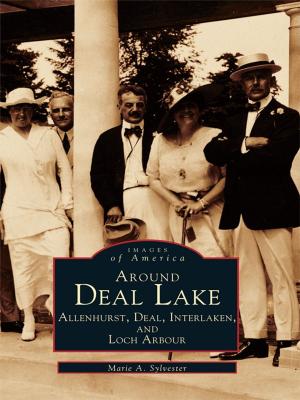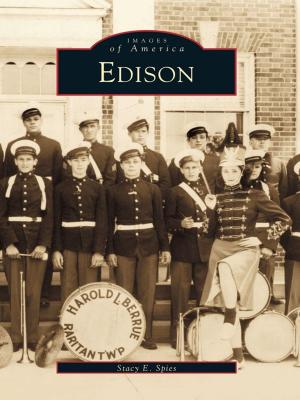| Author: | Atwater Historical Society | ISBN: | 9781439614259 |
| Publisher: | Arcadia Publishing Inc. | Publication: | October 19, 2005 |
| Imprint: | Arcadia Publishing | Language: | English |
| Author: | Atwater Historical Society |
| ISBN: | 9781439614259 |
| Publisher: | Arcadia Publishing Inc. |
| Publication: | October 19, 2005 |
| Imprint: | Arcadia Publishing |
| Language: | English |
The town of Atwater was rich in a different kind of treasure than the gold usually sought by people flocking to California in the 1850s. Named for Marshall D. Atwater, a tenant on several of founder John W. Mitchell�s 2,000-acre parcels, the community boasted a mineral-rich alluvial soil that made it an extremely productive agricultural area. When the Central Pacific Railroad came through�thanks to lobbying from Mitchell, along with several strips of free land deeded to the railroad�a switch was laid next to Atwater�s warehouse. The train switch and the building became known as Atwater Station, and in time, the town itself bore his name.
The town of Atwater was rich in a different kind of treasure than the gold usually sought by people flocking to California in the 1850s. Named for Marshall D. Atwater, a tenant on several of founder John W. Mitchell�s 2,000-acre parcels, the community boasted a mineral-rich alluvial soil that made it an extremely productive agricultural area. When the Central Pacific Railroad came through�thanks to lobbying from Mitchell, along with several strips of free land deeded to the railroad�a switch was laid next to Atwater�s warehouse. The train switch and the building became known as Atwater Station, and in time, the town itself bore his name.

